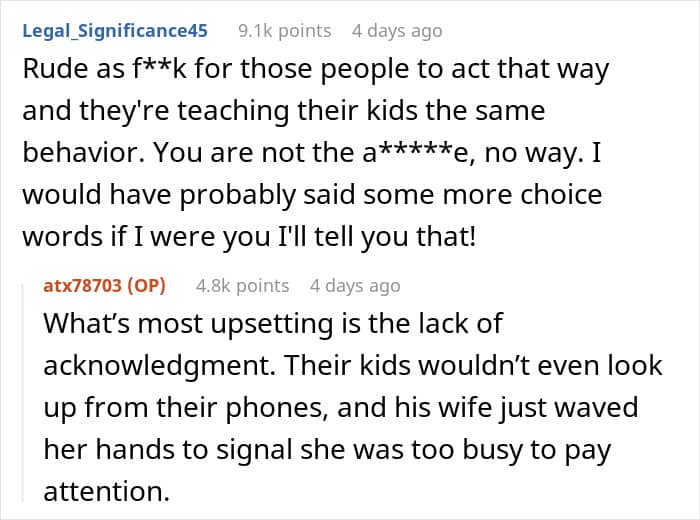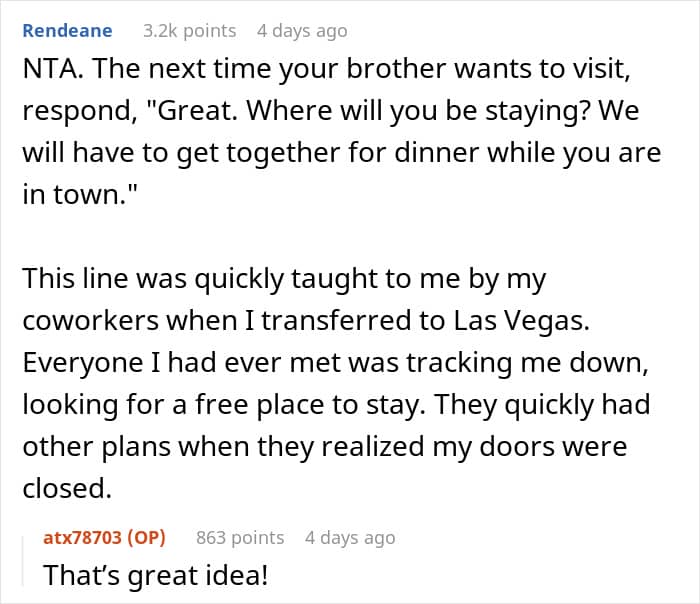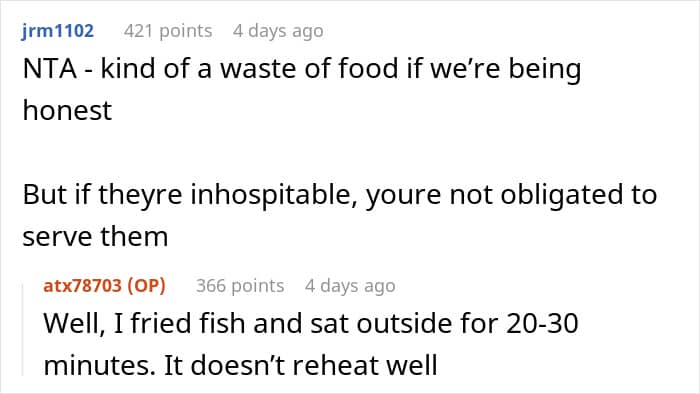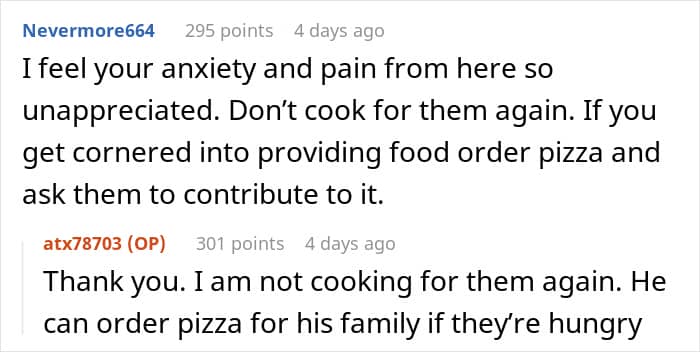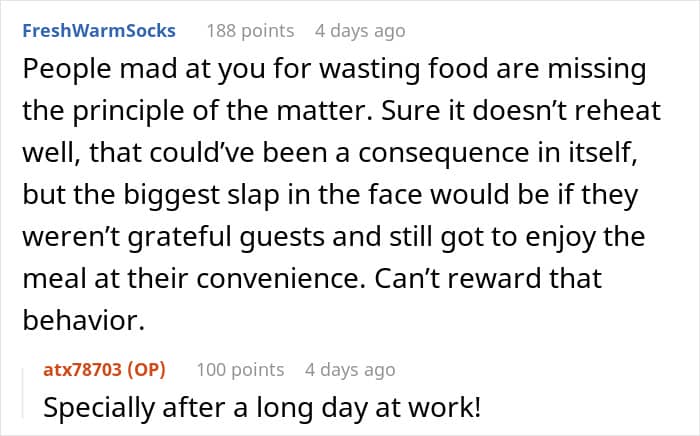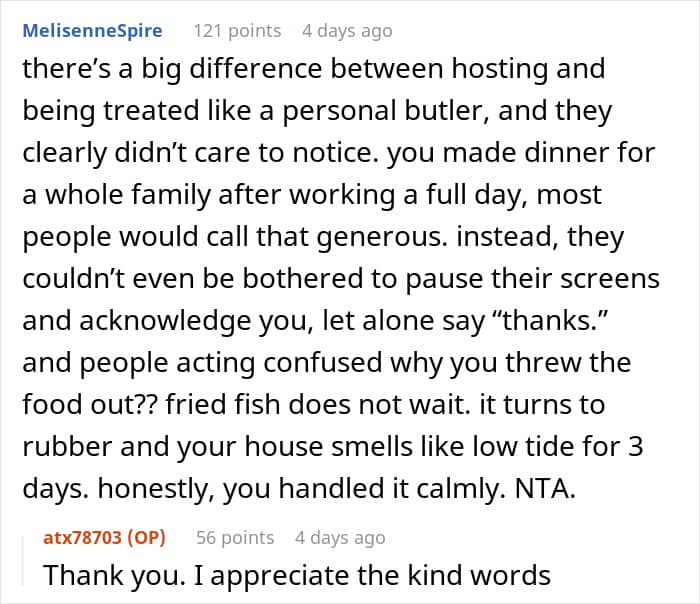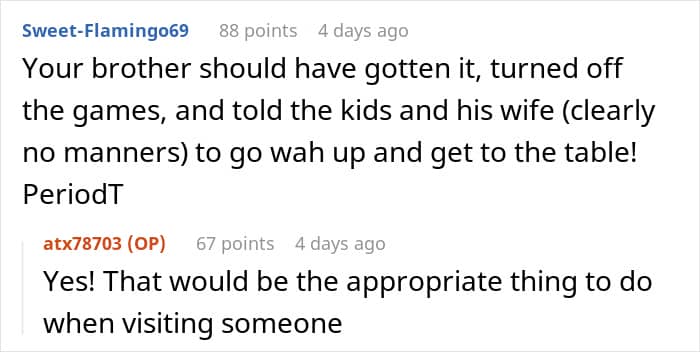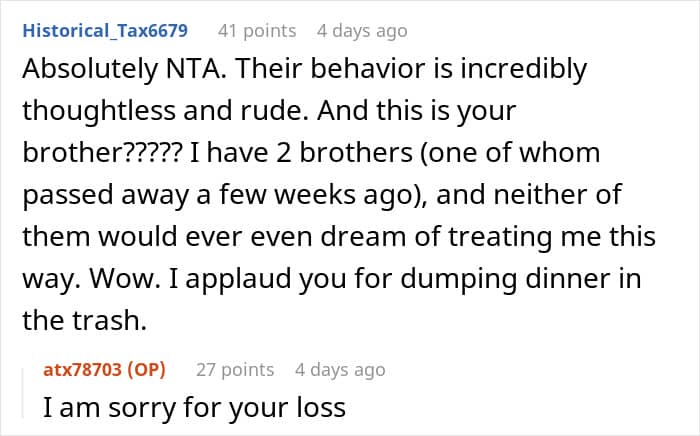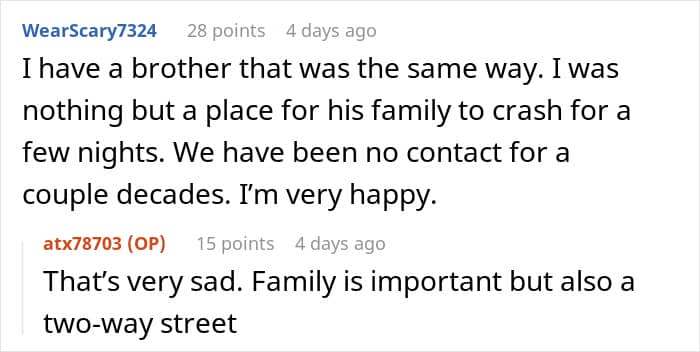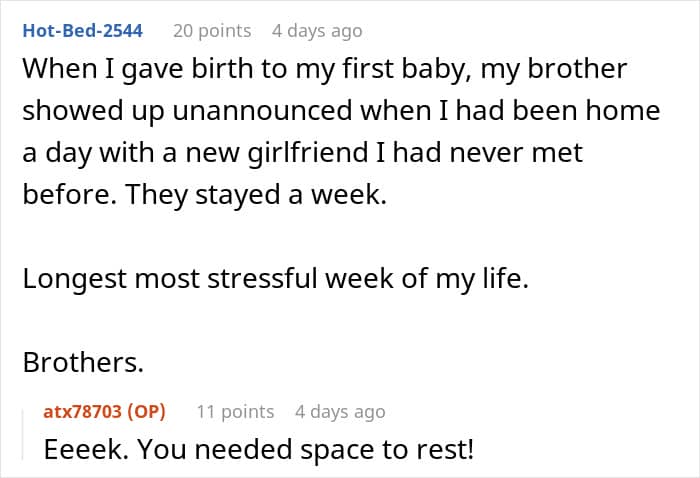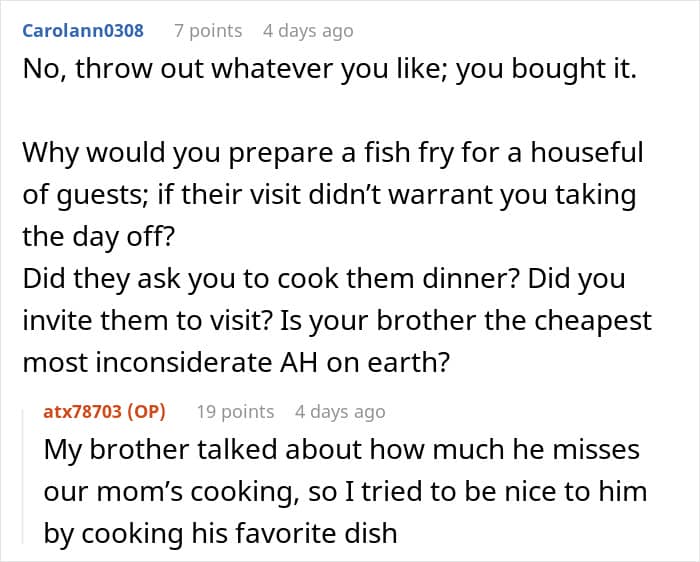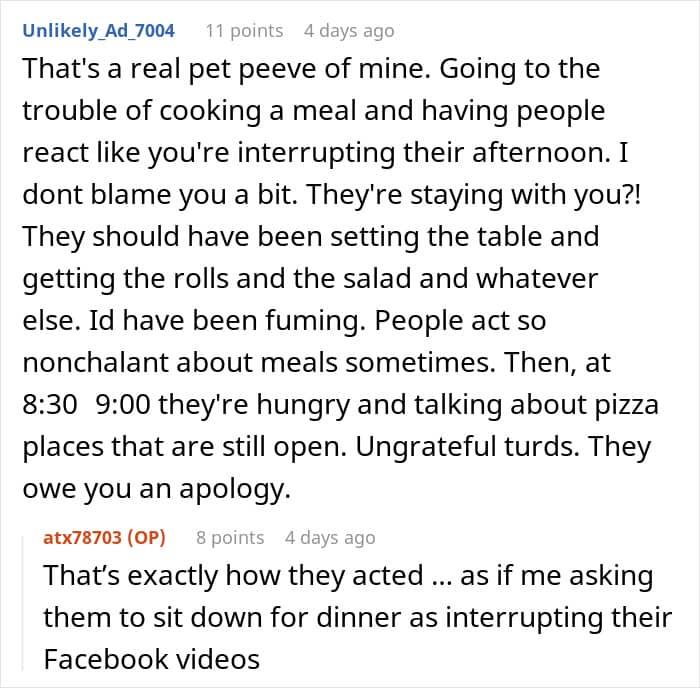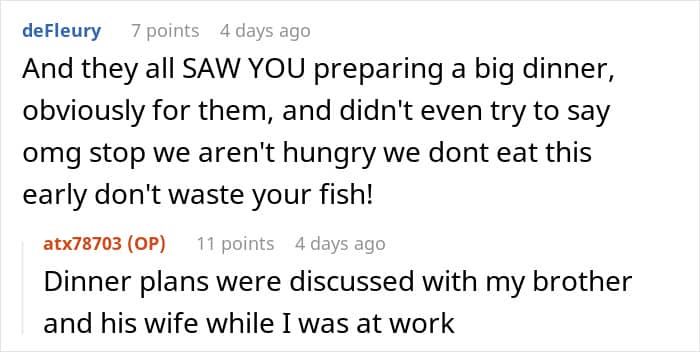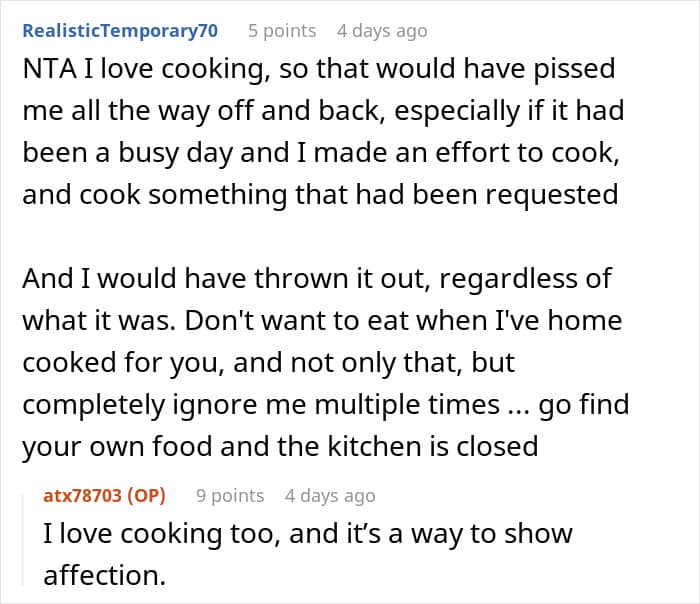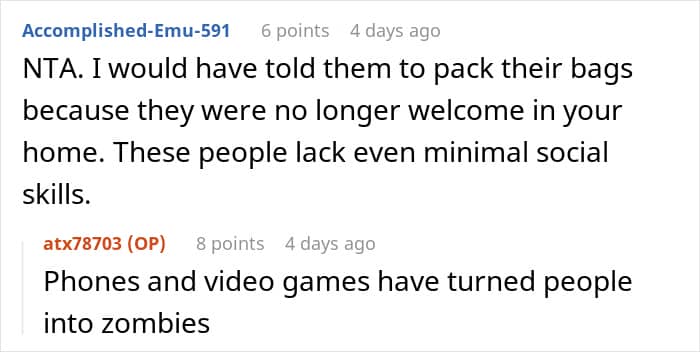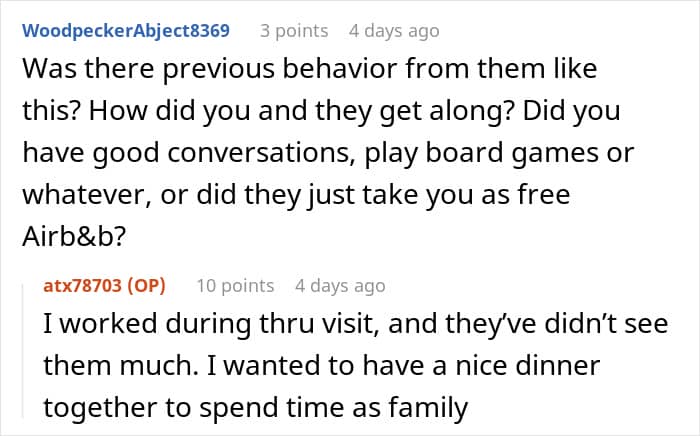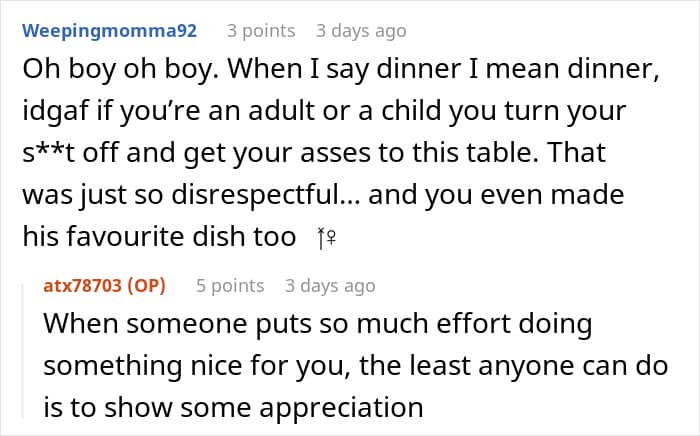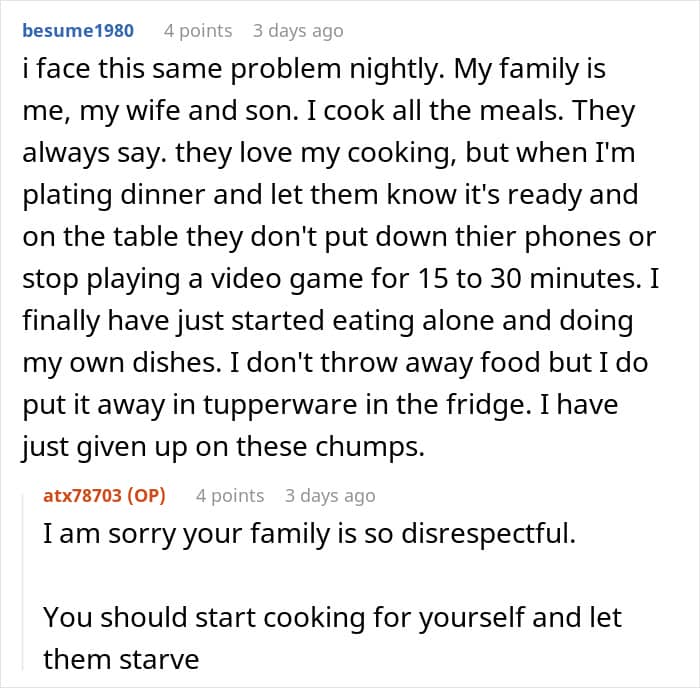It is said that cooking is a labor of love. Preparing a meal for family or friends takes time, thoughtfulness, generosity and of course, money. But if they enjoy what you’ve slaved over, it can be worth the effort.
One person put their all into a farewell dinner for their brother and his family who had been visiting for a few nights. Instead of being met with gratitude and appreciation, the host ended up eating alone. Everyone else continued looking at their screens, letting the food go cold. The person shared what happened next, and it might have many hungry people in tears.
RELATED:A thoughtful person decided to cook a very special meal for their brother and his family

But instead of bringing them together, the dinner has caused a massive rift between the siblings
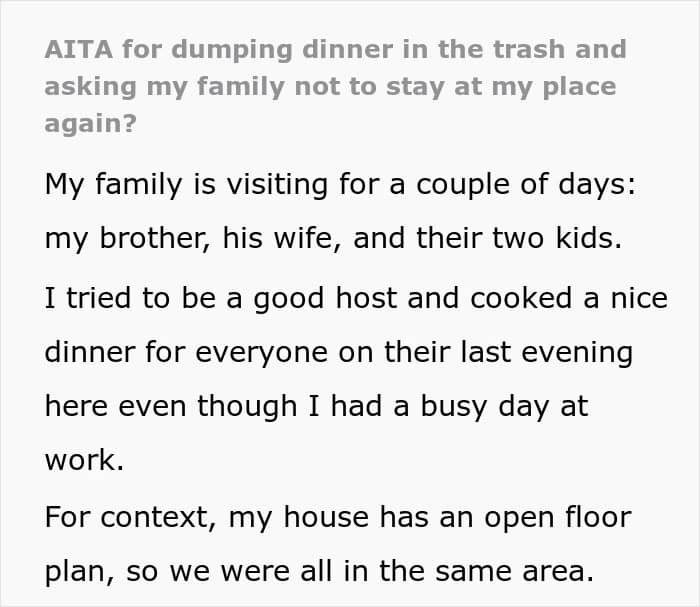
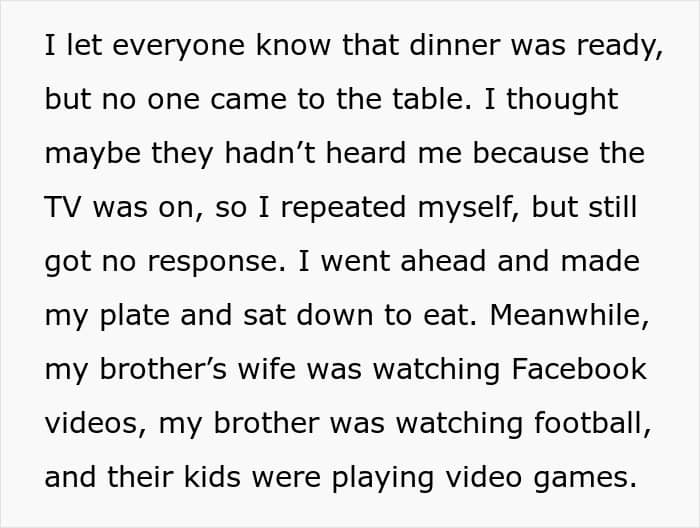
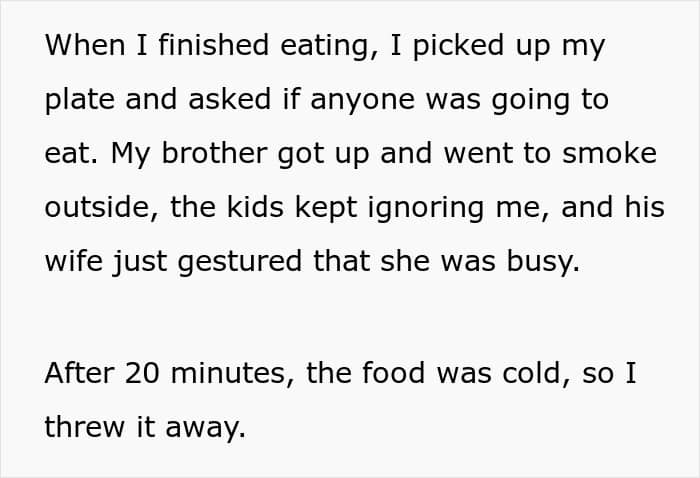

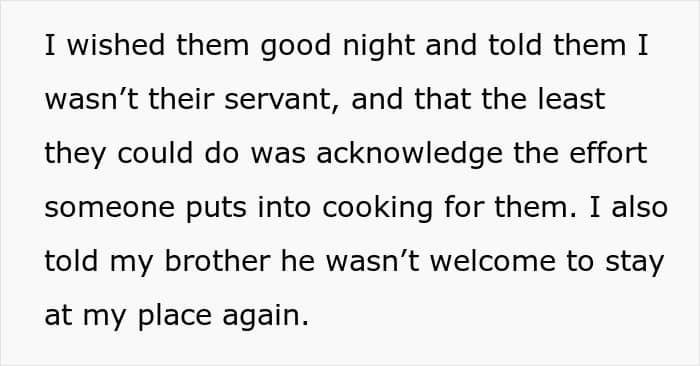

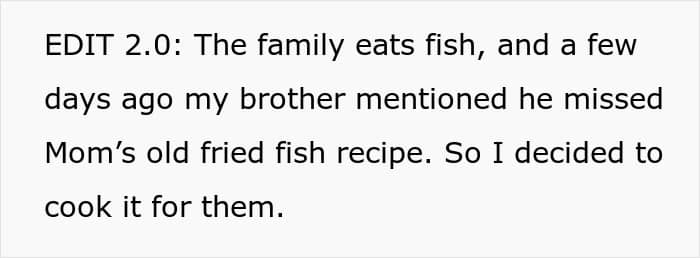
1,6 billion tonnes of food is wasted globally every year, while millions of people go hungry
Of the 1,6 billion tonnes of food wasted across the world every year, 1,3 billion tonnes of it is edible. That’s according to the UN’s Food and Agricultural Organization (FAO).
Meanwhile, the World Food Programme (WFP) has revealed that one-fifth of food produced for human consumption is lost or wasted globally. This, says the WFP, amounts to one billion meals a day.
The sad part is that while meals are going into the trash, as more than 800 number of people affected by hunger stands at a staggering figure of more than 800 million.
Feeding America is an organization that works towards “rescuing” food in order to feed the hungry. They define food waste as “perfectly good, safe-to-eat food that gets thrown away instead of eaten.” This happens at home, in stores, restaurants, and farms.
Some of the main reason perfectly good food ends up in the trash is because of “ugly” or oddly shaped fruits and veggies, upcoming sell-by or expiration dates (food is often still safe to eat), overproduction at farms and food getting damaged during transport.
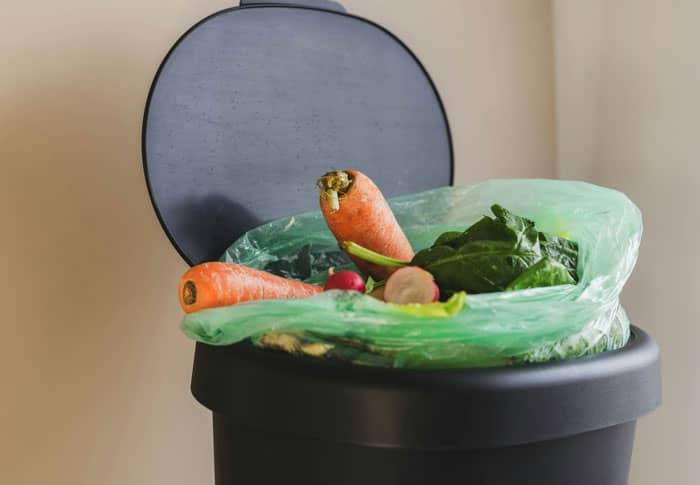
How you can help reduce food waste, according to an award-winning chef
Every little bit helps when it comes to helping the millions of people going hungry around the world. Award-winning chef Andrew Zimmern spends as much time preparing food as he does understanding why they eat, why others don’t and what we can do to help those in need.
The food expert says keeping tabs of what you throw out can be the first step in reducing food waste in your house. He suggests putting a pad of paper near your garbage and logging what food you discard for two weeks. This includes leftovers, spoiled foods and kitchen scraps.
“You’ll start to get a sense for your family’s trends and that’ll help you figure out how you can change your habits,” Zimmern told Feeding America. “Maybe you’re throwing out a lot of broccoli. Now you know you can buy a little bit less next time you’re at the store. Or, repurpose it into an easy weeknight pasta like this.”
He also advises that we all reduce our fridge space. “Take one shelf out and remove one drawer,” suggests the chef. And while it sounds far-fetched, Zimmern says that American fridges are too big. “We tend to fill up all the space in the refrigerator, and that’s when food gets forgotten about. You probably meant well for those cucumbers you bought two weeks ago and put in the produce drawer…but now it’s a soggy mess.”
The chef explains that by taking a shelf and a drawer out, it forces you to buy less and you’ll be more aware of what you have in the fridge, which will reduce waste. He says he bought a European fridge last year… “Its 1/3 smaller than the massive double door models sold in most American stores and my household food waste almost went to zero.”
Zimmern also suggests we keep an eye on our shopping habits. Many people like to stock up but this works against the food waste issue, says the expert. Instead, we should shop for a few days of food. Not a whole week.
“Most families plan one big trip to the grocery store every week. Believe me, I get it,” he says. “What if we reframed how we think about that trip to the store – and how we planned our meals? Instead of buying for an entire week, what if we just bought food for three or four days at a time?”
He says that with less food purchased, we are more likely to stick to meal plans and waste less as well. “Yes, you will make a second trip to the store – but instead of thinking of it as a chore, think of it as a fun, educational opportunity for the kids, or even an alternative date with your significant other,” Zimmern explains. “Your planet will thank you later.”
“Rude”: many agreed that the brother and his family were way out of line
